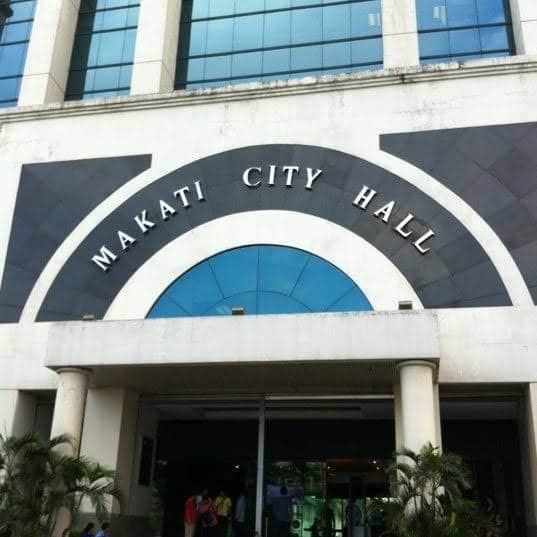Makati City OKs lower real property tax rates — Mayor Abby

The Makati City government has approved a landmark ordinance that will lower existing real property tax rates on all classes of land in the city effective Jan. 1, 2025, Makati City Mayor Abby Binay announced on Monday, March 31.
It is the biggest tax reduction and the lowest tax assessment level to date. Binay said she signed City Ordinance No. 2025-047 amending sections of the Revised Makati Revenue Code, or City Ordinance No. 2004-A-025, on March 24, which pertains to the imposition of basic real property tax and assessment levels.
“Following a comprehensive review of current tax rates and prevailing economic conditions, we have proceeded with our plan to lower tax rates for all classes of land in the city. Residents and property owners in the city will now enjoy substantial savings from the biggest tax reduction and lowest assessment levels implemented by the city government to date,” she said.
“This move is expected to provide relief to residents, and boost Makati’s competitiveness as a premier investment destination for large corporations, startups, and small entrepreneurs,” she added.
By easing the tax rates, Binay said the city hopes to encourage more investments and foster long-term growth and sustainability.
She added that lowering the city’s RPT rates was timely and sensible, with its long-term gains outweighing the expected attrition in revenue collections in the next few months.
“I believe we can manage very well even with lower RPT collection. As more businesses choose to locate in Makati, our revenue from business tax and relevant fees will increase as well. More importantly, more jobs will be created for our residents,” Binay explained.
The capacity of the ordinance to absorb any potential losses in revenue was also improved following Makati's substantive savings from the removal of subsidies to 10 Embo barangays which were transferred to the jurisdiction of Taguig, estimated at P7.9 billion a year.
As amended by the new ordinance, Section 2A.02 sets the revised rates of levy percentages applicable to lands, whether residential, commercial, industrial, or special, located in Makati.
"The tax rate for Residential properties has been reduced from 1.5 percent to 1.0 percent; Commercial properties from 2.0 percent to 1.5 percent; Industrial properties from 2.0 percent to 1.5 percent; and Special properties from 1.5 percent to 0.5 percent," the mayor said, adding that the additional tax rate for properties classified as Residential/Commercial has also been reduced from 0.25 percent to 0.125 percent.
Tax rates for building, machineries, and other improvements remain the same: Residential, 1.5 percent; Commercial, 2.0 percent; Industrial, 2.0 percent; and Special, 0.5 percent.
Under the amended Section 2A.07 of the revenue code, the assessment levels applied to the fair market value of real property to determine its assessed value have also been significantly lowered.
For residential properties, the assessment level per classification has been adjusted as follows: R-1 from 12 percent to 0.65 percent; R-2 from 12 percent to 0.30 percent; and R-3 from 12 percent to 0.25 percent.
Commercial and Industrial properties, previously assessed at 40 percent, are both assessed at lower rates.
For commercial properties, C-1 is now assessed at 2.0 percent; C-2 is now at 0.70 percent; and C-3, at 0.60 percent. For industrial properties, I-1 is assessed at 2.0 percent; I-2 at 0.70 percent; and I-3 at 0.60 percent.
Under Special Classes, assessment levels have been retained for lands located in predominantly Commercial/Industrial areas at 0.70 percent, and lands situated in predominantly Residential areas, 0.30 percent.
For buildings, machineries and other improvements, assessment values based on actual use remain as follows: Cultural, 15 percent; Scientific, 15 percent; Hospital, 15 percent; and local water districts, government-owned or controlled corporations engaged in the supply and distribution of water and/or generation and transmission of electric power, 10 percent.
Under Section 4, any excess that may result from the application of the ordinance with respect to real property tax assessments that have been paid before the approval of the ordinance, covering the period January 1, 2025 onwards, shall be considered as a tax credit that may be applied to succeeding real property tax assessments.
"This landmark ordinance highlights the Makati city government’s commitment to a fair, efficient, and transparent tax system, while ensuring fiscal stability and adaptability to changing economic conditions," the city government said.